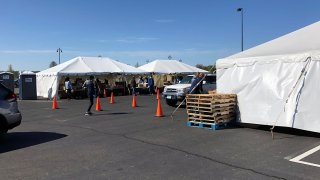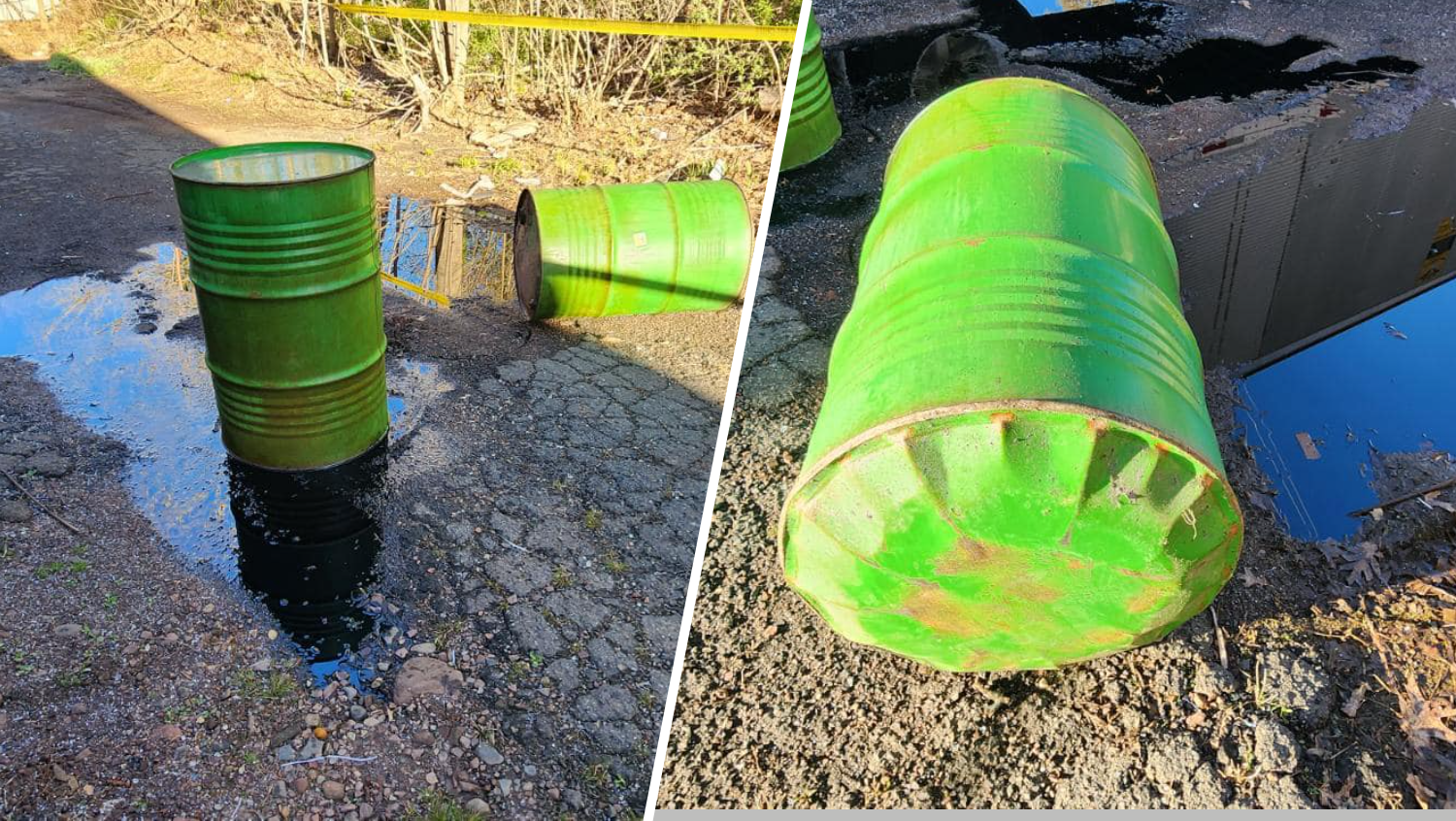
The state is looking for more volunteers to help communities respond to the COVID-10 crisis.
Volunteers are needed at nonprofits that support children and adults in programs for intellectual disabilities and behavioral health settings, as well as organizations that support senior citizens, according to Gov. Ned Lamont.
More than 5,000 medical volunteers and 1,600 non-medical volunteers have already come forward to help hospitals and health systems, to support nonprofits that provide essential human services, distribute food with food banks, provide support for people in homeless shelters across the state and deliver meals to homebound senior citizens.
“Connecticut residents and businesses have been incredibly generous in offering to do what they can to meet the needs of our state at this challenging time,” Lamont said in a statement. “The volunteers who have come forward have been a tremendous help to our hospitals, and to critically important services at our food banks, meal delivery services, and shelters. I’m grateful to everyone who is stepping forward – and I ask that you keep pitching in, and invite others to join you so that we can meet the needs of our neighbors and communities over the coming weeks and months.”
How to Volunteer:
Local
Volunteers must be 18 or older, and should not volunteer if you are at risk or compromised. Those who are immunocompromised, over 60, showing symptoms of COVID-19, or live with or care for someone in any of those categories should avoid being in public, including for volunteer efforts. The governor asks that you stay safe and stay home.
Volunteers do not need to be health care workers. In addition to calling on physicians, nurses, and other medical professionals who may be retired, the state needs community members to help out at food banks, food deliveries to the elderly and at shelters.
For those who do have a background in health care, the state’s medical community has specific needs. Hospitals have advised the state that they have a high need for critical care nurses and respiratory therapists.
If any volunteers have concerns, they are strongly urged to ask about the safety protocols of the organization they are volunteering.
Volunteers will be sent where they are most needed and feel most comfortable. The volunteer process is centralized so that the state and participating organizations have a clear picture of everyone who can help, and everything that is needed. That way, volunteers can be matched with an opportunity that is most in need of that person’s skillset.



